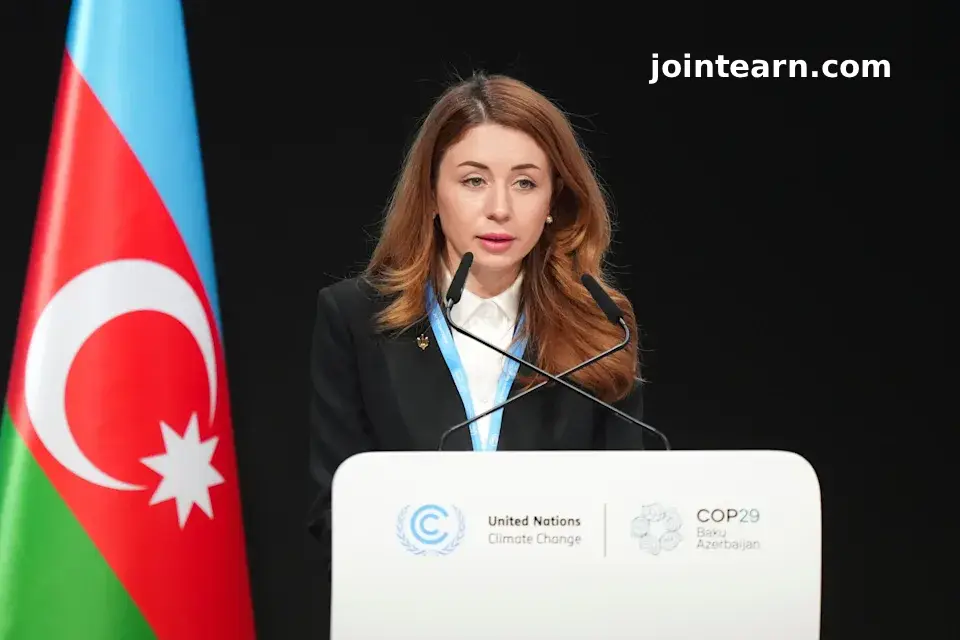
KYIV, Ukraine — Ukraine is grappling with one of its most significant wartime corruption scandals since Russia’s full-scale invasion, as top government officials resign amid an investigation into alleged embezzlement and kickbacks in the country’s energy sector. The scandal involves Energoatom, the state-owned nuclear energy company, and implicates close associates of President Volodymyr Zelenskyy.
The National Anti-Corruption Bureau of Ukraine (NABU) revealed findings from a 15-month investigation, including more than 1,000 hours of wiretaps. The inquiry, dubbed “Midas,” led to the detention of five individuals and identified seven others linked to approximately $100 million in kickbacks related to energy infrastructure contracts.
Ministers Step Down Amid Public Backlash
Responding to public outrage, President Zelenskyy requested the resignations of Justice Minister Herman Halushchenko and Energy Minister Svitlana Grynchuk. Both ministers complied, with Prime Minister Yuliia Svyrydenko confirming their departures. Zelenskyy emphasized the importance of trust and transparency in a statement on Telegram, highlighting the need for officials to fully cooperate with NABU and other law enforcement bodies.
The resignations come at a critical time, as Russia’s ongoing attacks on Ukraine’s energy infrastructure have caused widespread blackouts, compounding the pressures of war. Ukraine’s government is scrambling to secure European funds to maintain essential energy services while addressing systemic corruption.
Details of the Alleged Scheme
The NABU investigation alleges that contractors working to protect Ukraine’s energy infrastructure paid 10–15% kickbacks in exchange for contract approval. The scheme exploited wartime regulations that prevented contractors from claiming debts in court for essential services.
Investigators have identified high-profile individuals involved, including Tymur Mindich, a former close associate of President Zelenskyy and co-owner of his Kvartal 95 media production company. Mindich reportedly used the code name “Karlsson” in intercepted communications and allegedly leveraged personal connections to secure lucrative government contracts, including for drone production companies such as Fire Point.
Other individuals implicated include a former adviser to the energy minister, Energoatom executives overseeing physical security, and a former deputy prime minister. NABU tapes reportedly reveal discussions about delaying protective fortifications at energy sites to maximize financial gain before implementing defenses.
Allegations of Misuse and Luxury Purchases
Evidence suggests that illicit funds were used to construct luxury properties for Mindich’s family and senior government officials, including Deputy Prime Minister Oleksii Chernyshov. Chernyshov faces three existing criminal charges and is suspected of attempting to evade legal scrutiny.
Tetiana Nikolaenko, deputy head of Ukraine’s public anti-corruption council, warned that the scandal exposes the extent to which some government ministers may have acted as “puppets of criminal elements,” raising serious concerns about governance and accountability during wartime.
Zelenskyy’s Response and Public Reactions
While there is no evidence that President Zelenskyy personally benefited from the scheme, the revelations pose a political challenge. Anti-corruption activists have called on Zelenskyy to ensure the investigation proceeds without interference.
Daria Kaleniuk, a veteran anti-corruption campaigner, warned that any attempts to weaken NABU or the Specialized Anti-Corruption Prosecutors’ Office (SAPO) would signal a cover-up, undermining public trust.
Zelenskyy affirmed in a nightly video address: “Everyone who has built corrupt schemes must face a clear procedural response. There must be convictions. And government officials must work together with NABU and law enforcement bodies in a way that delivers real results.”
European Concerns
Ukraine’s European partners have invested heavily in the country’s energy sector to support resilience against Russian attacks. Germany, in particular, has expressed concern over the allegations, noting that the scandal involves a sector that receives substantial support. Stefan Kornelius, spokesperson for Chancellor Friedrich Merz, emphasized that Germany will monitor the situation and expects transparency in resolving the case.
The scandal threatens to undermine international confidence in Ukraine’s governance at a time when sustained foreign aid is critical for maintaining energy security and supporting the war effort against Russia.
Implications for Ukraine
The corruption probe underscores the ongoing challenges Ukraine faces in balancing wartime priorities with internal governance. While the scandal is not the largest in the country’s history, it is particularly sensitive due to its connection to the energy sector, wartime contract management, and senior government officials.
Political analysts have noted that the full scope of the scheme remains unclear, but the investigation demonstrates that Ukraine’s anti-corruption bodies are operational and capable of pursuing high-level cases, even during wartime.


Leave a Reply